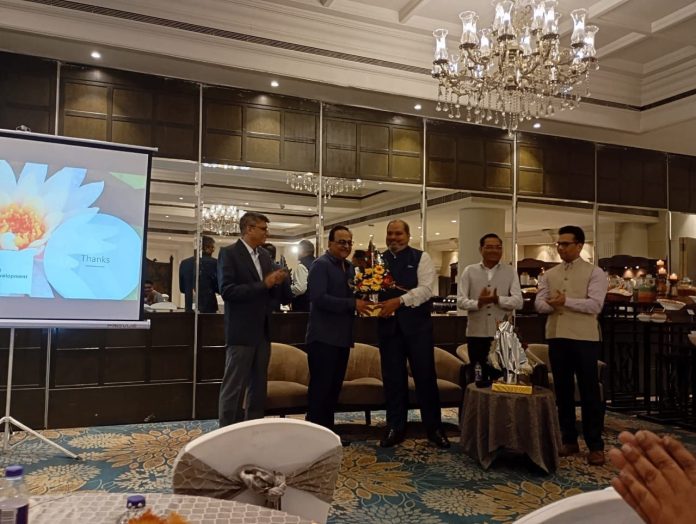The Soluble Fertilizer Industry Association (SFIA) and the Vidarbha Industries Association (VIA) organized a high-level conference in Nagpur. The event brought together over 70 agribusiness leaders, policymakers, and sustainability experts to discuss the challenges Micro, Small, and Medium Enterprises (MSMEs) face under India’s Biodiversity Act.
Participants strongly called for policy reforms, including exempting MSMEs from Access and Benefit Sharing (ABS) obligations and providing greater clarity in regulatory definitions.
MSMEs Struggle with Complex Compliance Requirements
Industry leaders emphasized that MSMEs, which play a crucial role in India’s agrarian economy, lack the resources to handle the complex compliance demands of ABS contributions under Section 7 of the Biodiversity Act.
They argued that these obligations increase operational costs and administrative burdens, which could stifle growth and innovation.
Drawing from global examples, participants highlighted countries like Brazil and South Africa, where MSMEs are exempt from similar regulations. They urged the Indian government to adopt a comparable policy framework to protect small enterprises and promote sustainable development.
Industry Voices Call for Policy Alignment with Global Practices
Dr. Suhas Buddhe, Advisor to SFIA, stressed the urgent need for policy changes.
He remarked, “MSMEs are already struggling with rising input costs and market uncertainties. Imposing additional compliance requirements under the ABS framework could push many businesses towards financial distress. We urge the government to align policies with global best practices to protect and promote these enterprises”.
Ambiguous Definitions Create Legal Uncertainty
Stakeholders also highlighted the urgent need to refine key definitions within the Biodiversity Act. Terms such as ‘bio-utilisation,’ ‘commercial use,’ and ‘value addition’ lack clear definitions, leading to inconsistent interpretations and legal uncertainty. This ambiguity discourages businesses from investing in biodiversity-related ventures.
Industry Leaders Demand Structured Dialogue with Regulators
Participants called for a structured dialogue between the industry and the National Biodiversity Authority to address these issues. They emphasized the need for clear definitions and consistent enforcement to foster trust and encourage biodiversity-related investments.
Formal Proposal to MoEFCC in the Works
The conference concluded with a consensus on the need for immediate policy intervention. Attendees resolved to submit a formal proposal to the Ministry of Environment, Forest and Climate Change (MoEFCC), advocating for MSME exemptions from ABS contributions. This move aims to reduce regulatory pressure and support small businesses.
Additionally, they recommended forming a dedicated committee to review and clarify ambiguous definitions in the Biodiversity Act. They also urged the establishment of regular consultation mechanisms between agribusiness stakeholders and regulatory bodies to ensure practical and industry-aligned policies.
SFIA and VIA Commit to Policy Advocacy
As leading industry bodies, SFIA and VIA will continue to engage with policymakers to address MSME concerns. The conference underscored the need for a balanced approach that protects biodiversity while promoting economic growth and easing business operations.
As per the press release, by advocating for clear regulations and policy reforms, SFIA and VIA aim to create a supportive environment where MSMEs can thrive while contributing to India’s biodiversity conservation goals.
































